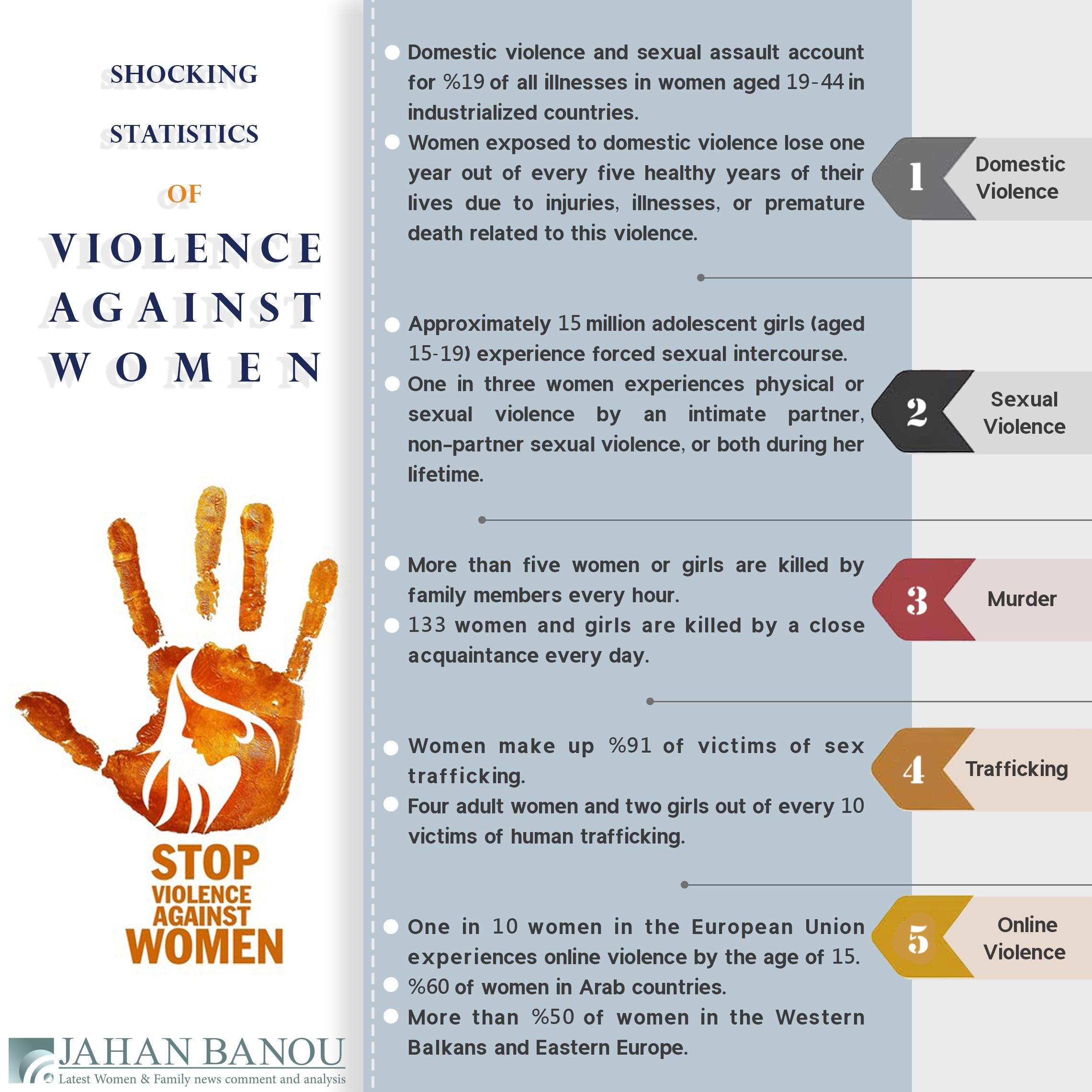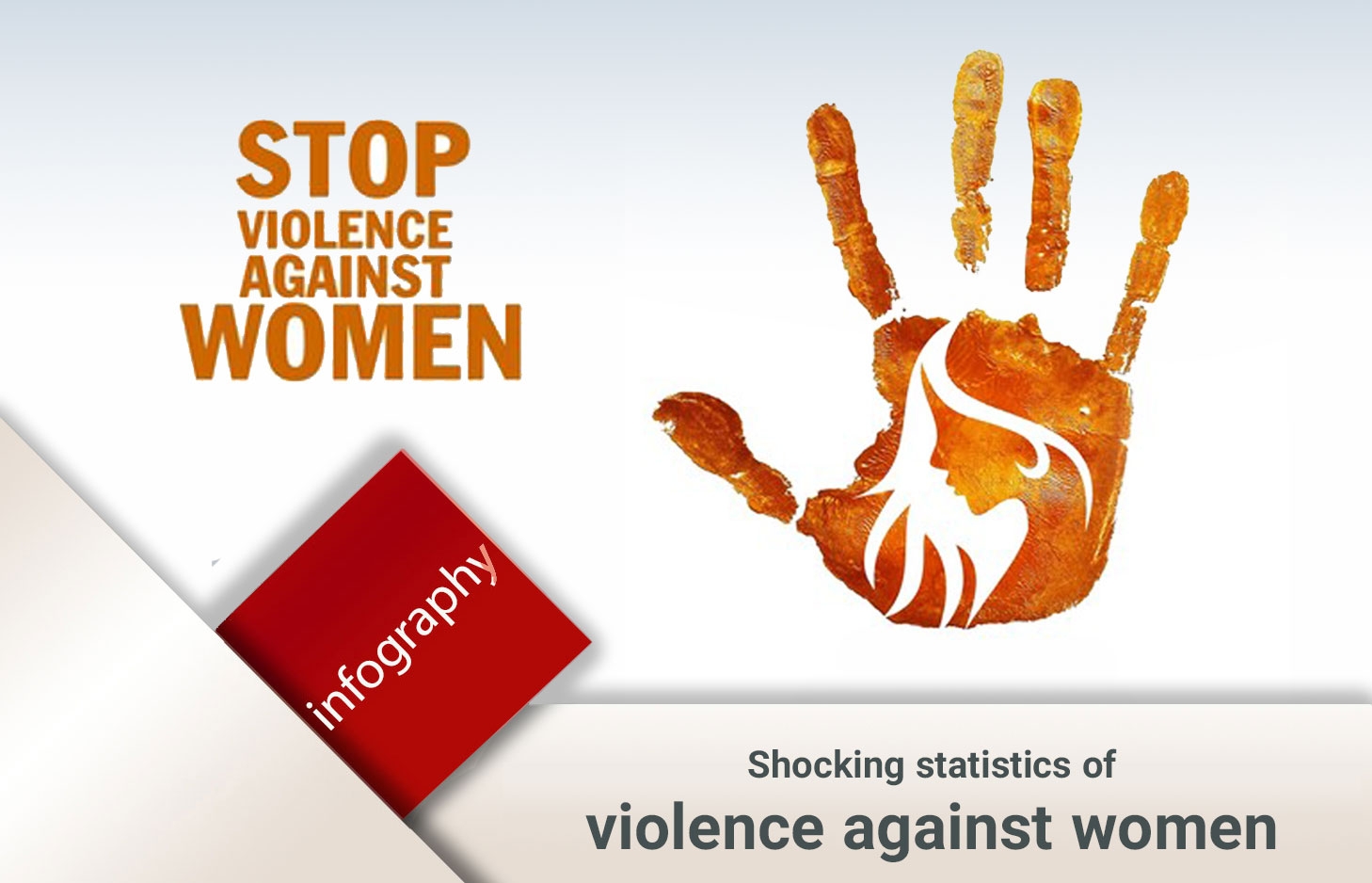Does the Islamic or Western model offer greater protection and respect for women? A comparative analysis reveals divergent approaches to women’s safety and societal roles.
The Western Model: Freedom and its Risks
In non-Islamic societies, the normalization of casual relationships and freedoms of dress often lead to a societal atmosphere where lust is unrestrained. This can result in several negative consequences that disproportionately affect women:
- Unsuccessful Romantic Relationships: Women frequently bear the brunt of failed relationships in such environments.
- Sexual Misconduct: Increased instances of sexual deviancy and exploitation directly harm women.
- Rape and Assault: The prevalence of sexual assault and rape significantly increases the vulnerability of women.
The liberation of lust inevitably harms women, even within the supposed safety of the family unit. This is evidenced by:
- Increased Domestic Violence: A climate of unrestrained sexual desire contributes to a rise in domestic abuse.
- Higher Rates of Infidelity: Women often become victims of infidelity in societies with less moral restraint.
- Elevated Divorce Rates: Divorce places significant emotional and financial burdens on women, particularly regarding childcare responsibilities.
Therefore, even within the structure of marriage, women in societies where lust is rampant suffer greatly.

Islam’s Protective Framework
Islam, in stark contrast, actively protects women by regulating sexual desire within society. This protection extends to both the public and private spheres. Islam establishes both prohibitive and prescriptive laws designed to safeguard women:
Prohibitive Laws (What is forbidden):
- Violence: Islam strictly prohibits violence against women. The Prophet Muhammad (peace be upon him) stated that any man who harms his wife will be punished severely in the afterlife.
- Unlawful Gaze: Islam forbids illicit glances and interactions outside the bounds of marriage, minimizing the potential for infidelity and exploitation.
Prescriptive Laws (What is encouraged):
- Kindness and Affection: Islam emphasizes the importance of treating wives with kindness, compassion, and respect.
- Fulfilling Marital Needs: The fulfillment of marital needs within the framework of Islamic principles is encouraged to maintain strong family relationships.
These laws are intended to strengthen family bonds and minimize the likelihood of divorce. The Prophet Muhammad (peace be upon him) and the Imam Sadiq (peace be upon him) both stressed the abhorrence of divorce in Islamic teachings. Reducing divorce rates directly protects women.
Conclusion: A Nuanced Perspective
We must thoughtfully consider which approach, the Islamic or the Western, offers greater protection and respect for women. Is the idealized Western model of emancipation truly superior to the protections enshrined in Islamic law and tradition? A critical comparative analysis is necessary to reach a well-informed conclusion.


